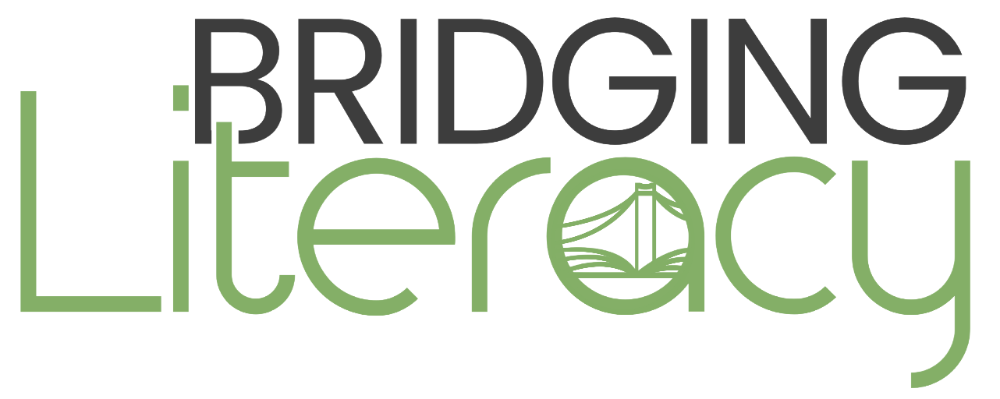008. The 5 Biggest Writing Myths Teachers Still Believe
Here’s the truth: most of the writing frustration we feel as teachers isn’t because we’re doing something wrong—it’s because we’ve been taught to believe things that simply aren’t true.
Whether it came from professional development, outdated curriculum guides, or just habits passed down over time, there are writing myths that are still showing up in classrooms every single day—and they’re making writing feel way harder than it has to be.
In this episode, we’re busting the 5 biggest writing myths that keep showing up—and giving you simple shifts you can make to start teaching writing with more clarity, confidence, and purpose.
✏️ What We Cover:
- Why writing isn’t a “natural” talent—and how we actually build confident student writers
- How to fit writing into your day—even if you only have 10 minutes
- The truth about over-correcting student work (and what to do instead)
- Why strong readers still need direct writing instruction
- How to break free from the belief that writing follows a perfect, linear process
💡 Myth-Busting Mindset Shifts:
- “Great writing just comes naturally—or it doesn’t.”
→ Truth: Writing is a teachable skill that starts with modeling and scaffolding. - “We don’t have time to teach writing every day.”
→ Truth: Short, purposeful routines are powerful—consistency over complexity. - “I have to fix everything in their writing.”
→ Truth: Focused feedback builds independence and avoids burnout. - “Good readers = Good writers.”
→ Truth: Reading and writing use different cognitive muscles. We need both. - “Writing is a linear process.”
→ Truth: Real writing is messy. The process should flex with the writer.
🔧 Quick Teacher Takeaways:
- Use mentor sentences and sentence frames for modeling.
- Try a 10-minute writing routine: Warm-up → Sentence Stretch → Share.
- Shift from correcting to coaching with frameworks like Glow & Grow.
- Support writing with tools like anchor charts and reference sheets.
- Make time for revision and brainstorming throughout—not just at the end.
📥 Grab Your Freebie:
- 5 Steps to Simplify Your Literacy Planning
- 3rd-6th Grade Cheat Sheet
- Writing Bridge Comprehensive Program
- Join The Bridging Literacy Hub
🧡 Let’s Stay Connected:
If today’s episode gave you a mindset shift, I’d love for you to leave a review and share it with a teacher friend. And don’t forget to tag me @BridgingLiteracy on Instagram—I love seeing how you’re bringing these ideas into your classroom!
Until next time, keep showing up, keep making a difference, and I’ll see you next week.

